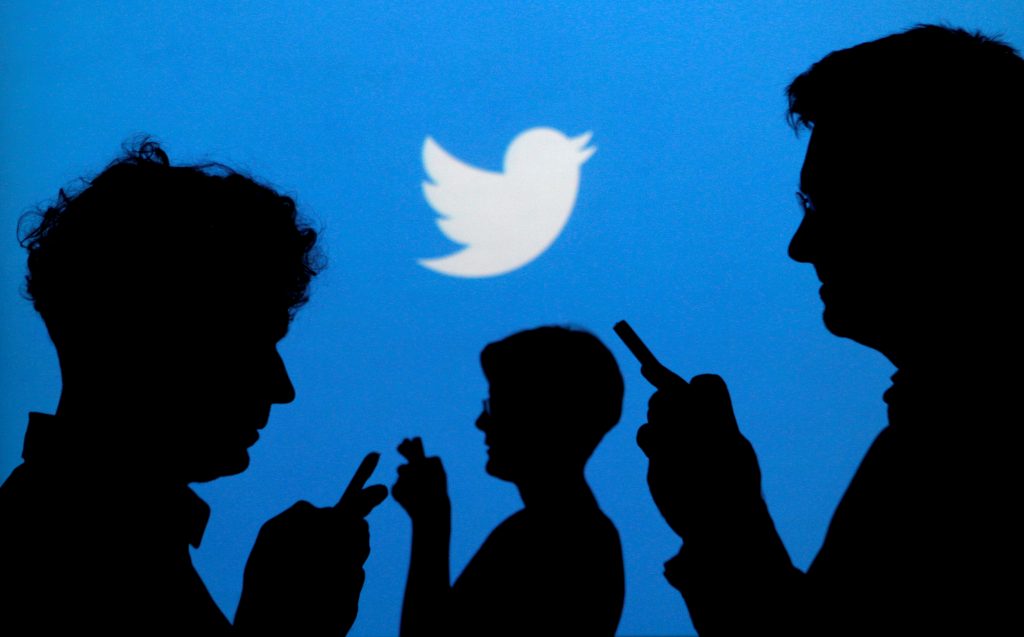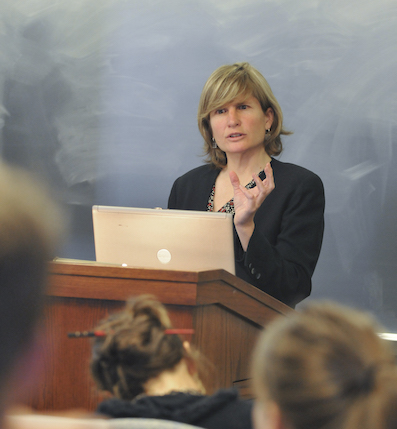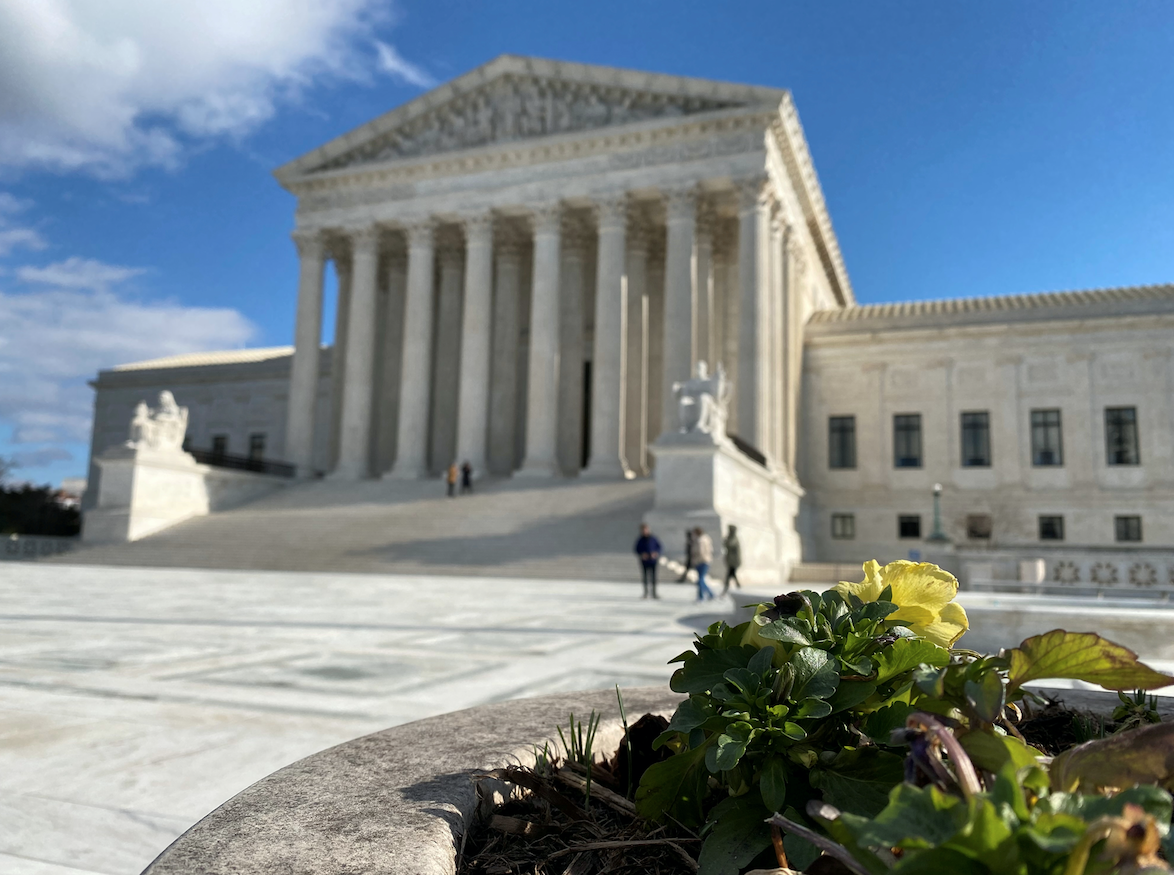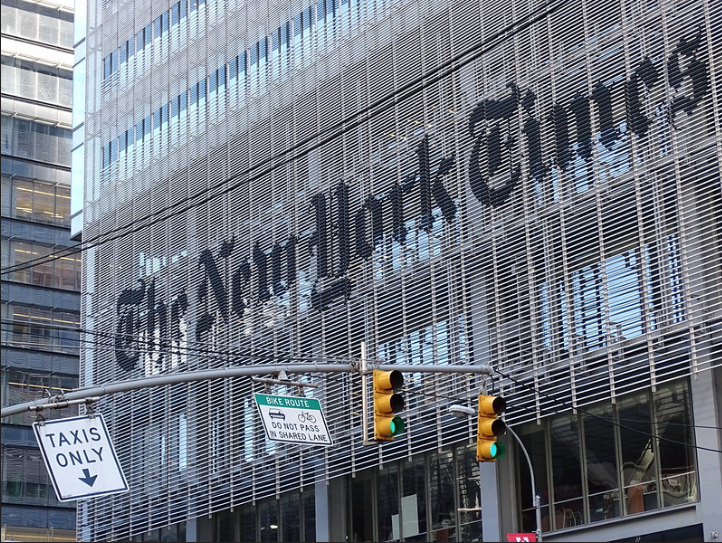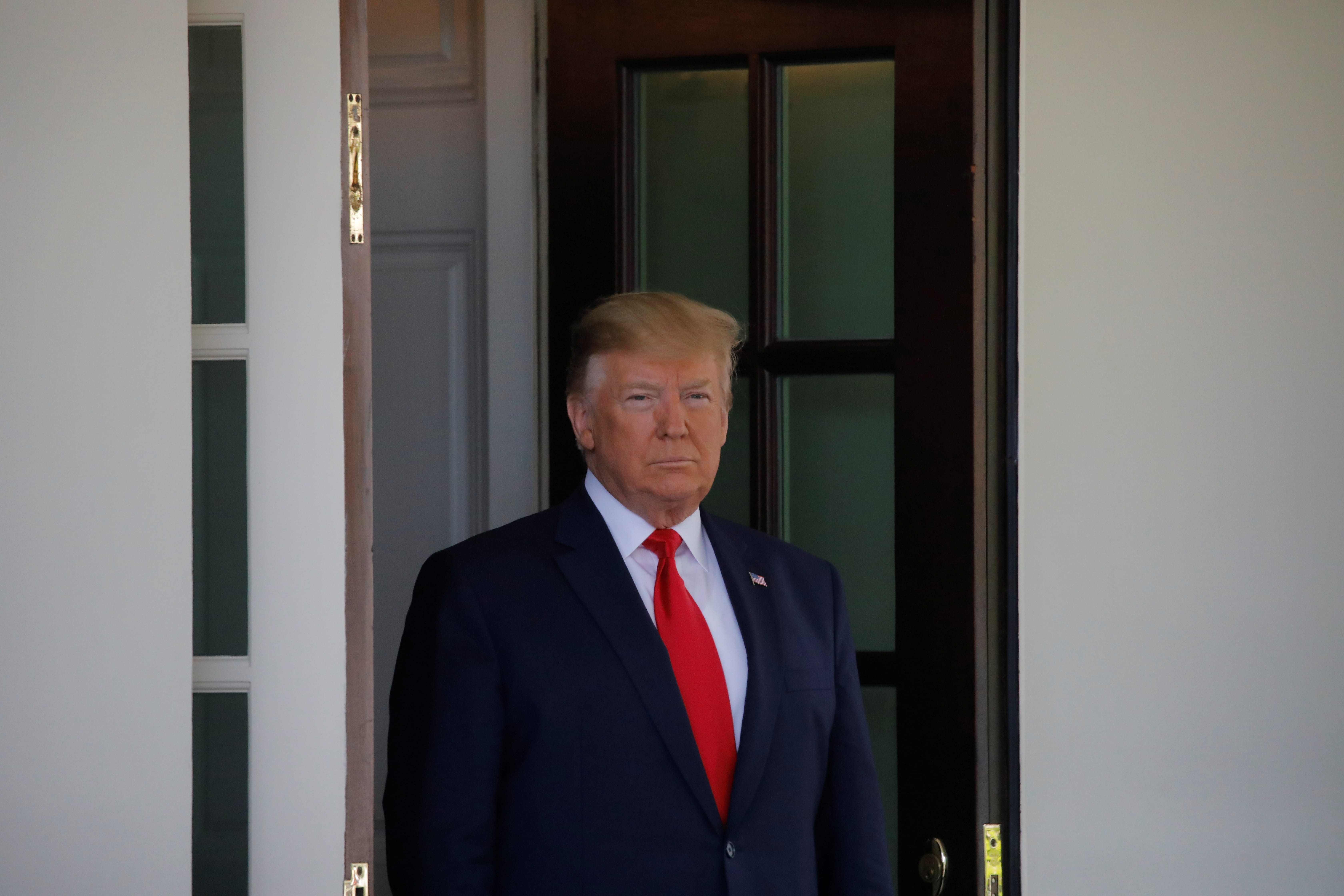Reprinted with Permission from Ballard Spahr
A federal judge has ruled that the First Amendment prohibits President Donald J. Trump from blocking Twitter users because of political disagreements.
Last summer, seven individual plaintiffs—Twitter users who had been blocked from the President’s account, @realDonaldTrump, after tweeting criticism about the President or his policies—together with the Knight First Amendment Institute, sued Trump and Daniel Scavino, the White House’s Director of Social Media, for blocking them from reading, replying, or otherwise responding to the President’s tweets. The individual plaintiffs argued that the President had unconstitutionally interfered with their ability to speak on matters of public concern, in violation of the First Amendment.
In her decision this week, District Judge Naomi Reice Buchwald ruled that the President’s tweets are government speech, noting that President Trump exercises substantial control over the account and uses it to announce major government policy decisions. The court continued that, because the “interactive space” in his Twitter account permits unblocked users to read, reply, and respond to the President’s tweets, it is a designated public forum. Finally, the court noted that the President did not dispute that he blocked the individual plaintiffs based on their criticism of him.
Following traditional constitutional analysis, which narrowly restricts President Trump from discriminating against speech in a public forum, the court determined that the “continued exclusion of the individual plaintiffs based on viewpoint is, therefore, impermissible under the First Amendment.” Although the court recognized “the President’s personal First Amendment rights,” it warned that “he cannot exercise those rights in a way that infringes the corresponding First Amendment rights of those who have criticized him.”
Judge Buchwald issued a declaratory judgment in the plaintiffs’ favor, but she declined to enter an injunction against the President or Mr. Scavino, explaining that while the court has that authority, “because no government official is above the law and because all government officials are presumed to follow the law once the judiciary has said what the law is, we must assume that the President and Scavino will remedy the blocking we have held to be unconstitutional.”
The case is Knight First Amendment Institute at Columbia University, et al., v. Trump, et al., Southern District of New York, Case No. 17-cv-5205(NRB).
The attorneys in Ballard Spahr’s Media and Entertainment Law Group are dedicated to supporting the free press and the First Amendment rights of groups and individuals. The Group helps clients navigate challenging media law issues across all platforms and industries.
See more: Judge Rules that President Trump Blocking Critics on Twitter Is Unconstitutional
Tags
